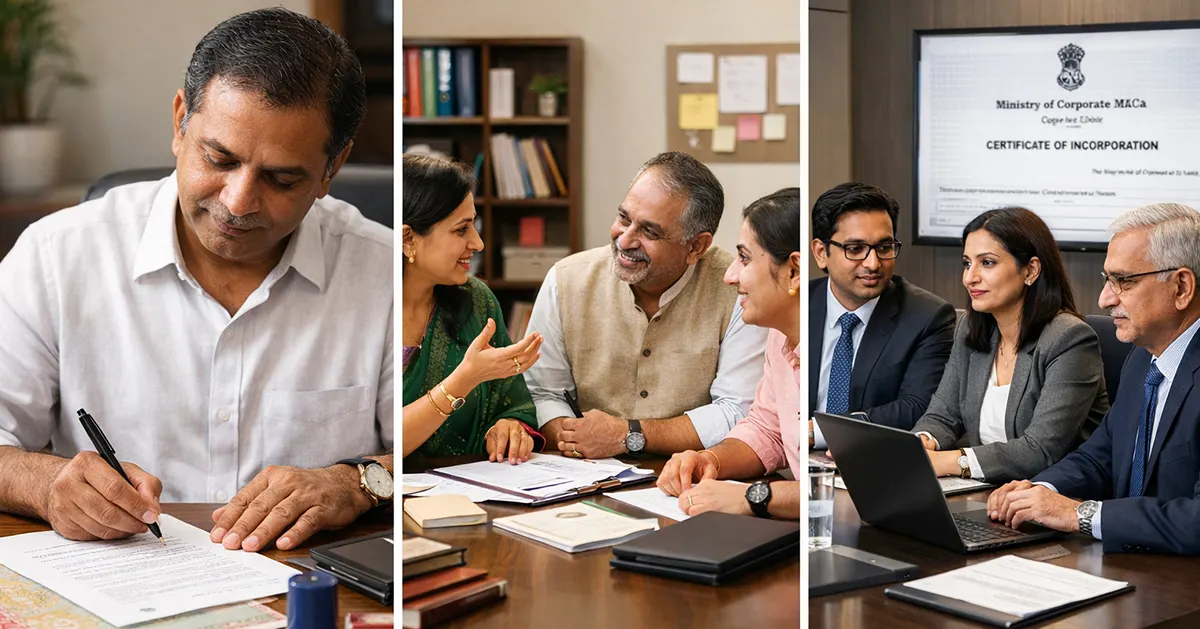Eligibility for NGO registration varies based on the chosen legal structure, but generally includes these fundamental requirements.
1. Founding members -
- Trusts require a minimum of 2 trustees.
- Societies need at least 7 members.
- Section 8 Companies require a minimum of 2 directors and shareholders.
2. Age requirement - All founding members must be adults (18 years or older) with a sound mind and legally capable of entering into contracts.
3. Objectives - The organization must have charitable, religious, educational, cultural, scientific, research, social welfare, or environmental protection objectives.
4. Non-profit nature - The organization must not distribute profits or dividends to its members, with all income applied solely toward its objectives. Additionally, NGOs can benefit from MSME registration, which helps them access various government schemes aimed at promoting small and medium enterprises.
5. Governing document - A properly drafted trust deed, memorandum of association, or articles of association outlining the organization's objectives and governance structure.
6. Indian residency - For FCRA registration, at least 51% of the governing body members must be Indian citizens.
7. No criminal records - Founding members should not have been convicted of offenses involving moral turpitude or terrorism.
8. Compliance commitment - Willingness to maintain proper books of accounts, file annual returns, and comply with all statutory requirements.
Meeting these foundational requirements is essential for successful NGO registration and ongoing regulatory compliance.











